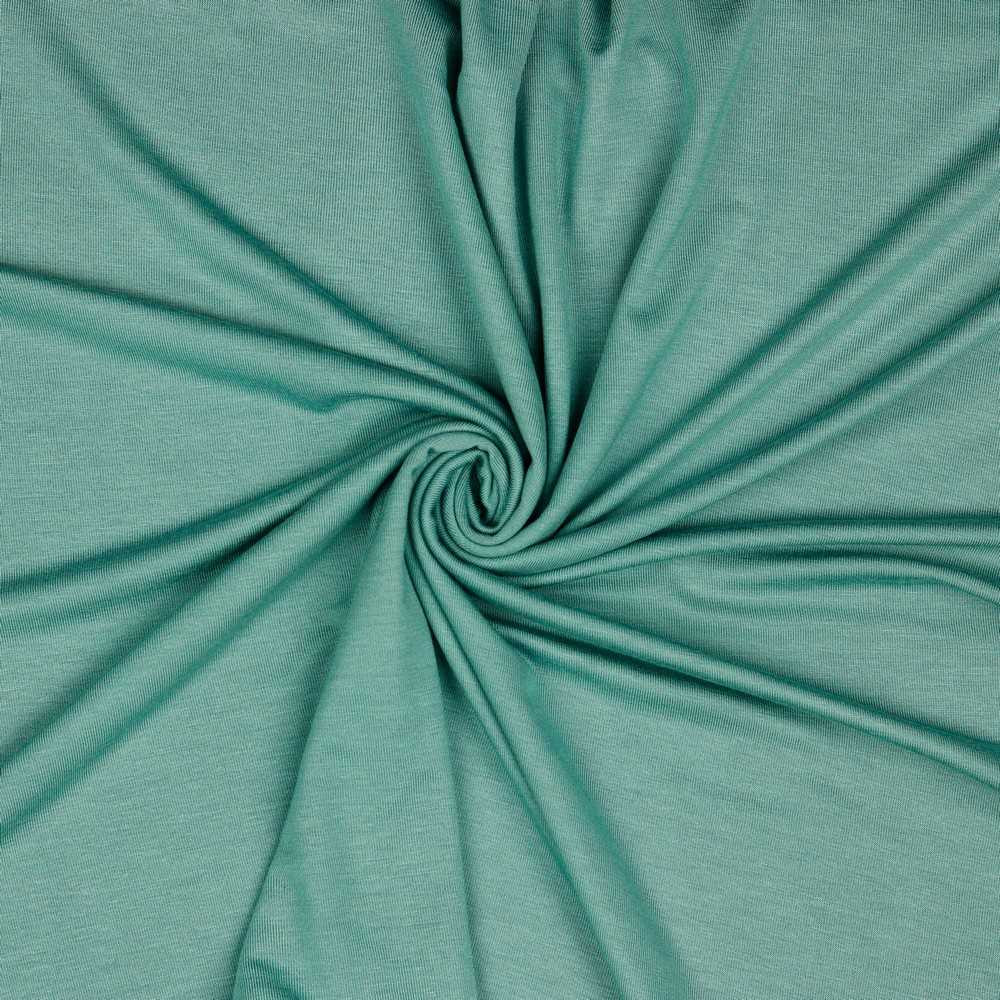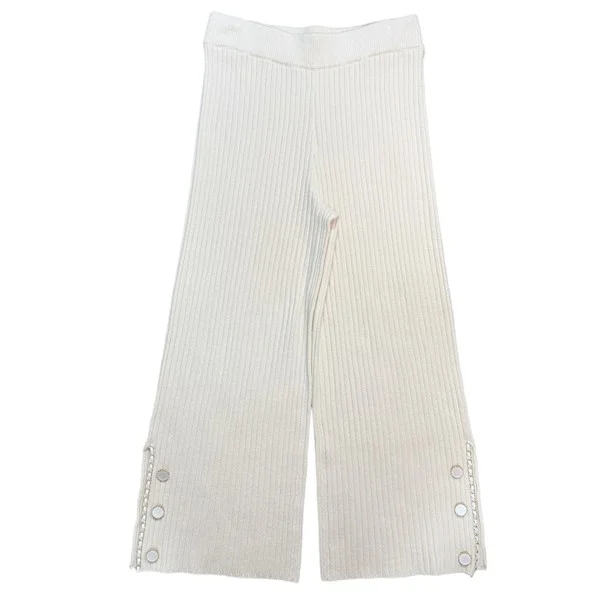The Cost Comparison: Is Tencel Cheaper Than Cotton?

In the world of textiles, Tencel and cotton are two popular choices. Both fabrics have their unique characteristics and are widely used in various industries. One common question that arises is whether Tencel is cheaper than cotton. In this article, we will delve into the cost comparison between Tencel and cotton, considering factors such as production, durability, and sustainability.
- Production Process:
Tencel, also known as lyocell, is a type of cellulose fiber derived from wood pulp. The production process involves dissolving the pulp in a solvent and then extruding it into fibers. On the other hand, cotton is a natural fiber obtained from the cotton plant's seedpod. Cotton fibers are harvested, cleaned, and spun into yarns. In terms of production costs, Tencel requires more complex processing, making it slightly more expensive than cotton. - Durability and Longevity:
When comparing the durability of Tencel and cotton, it's essential to consider their respective properties. Tencel fibers are known for their strength and resistance to wrinkles, making them highly durable. Additionally, Tencel has excellent moisture-wicking properties, making it ideal for activewear and bedding. On the other hand, cotton is also a durable fabric, but it may shrink or lose shape over time. However, cotton is generally more affordable to repair or replace compared to Tencel. - Sustainability:
Sustainability has become a significant factor in the textile industry. Tencel is often considered a more sustainable option than cotton. The production of Tencel requires less water and energy compared to cotton. Additionally, Tencel is derived from renewable wood sources, making it biodegradable. Cotton, on the other hand, is a water-intensive crop that requires pesticides and fertilizers, contributing to environmental concerns. However, the availability of organic cotton has increased, offering a more sustainable alternative. - Cost Comparison:
When it comes to the cost comparison between Tencel and cotton, various factors come into play. Tencel, being a more specialized fabric, tends to be priced higher than cotton. However, the cost difference may vary depending on factors such as location, brand, and quality. In general, Tencel products, such as clothing or bedding, may have a higher upfront cost but can offer better durability and longevity, potentially offsetting the initial investment.
Conclusion:
In conclusion, the cost comparison between Tencel and cotton depends on several factors. While Tencel may be slightly more expensive due to its production process, it offers excellent durability and sustainability. Cotton, on the other hand, is a widely available and affordable fabric, but it may lack some of the unique properties of Tencel. Ultimately, the choice between Tencel and cotton should be based on individual preferences, budget, and specific requirements.




